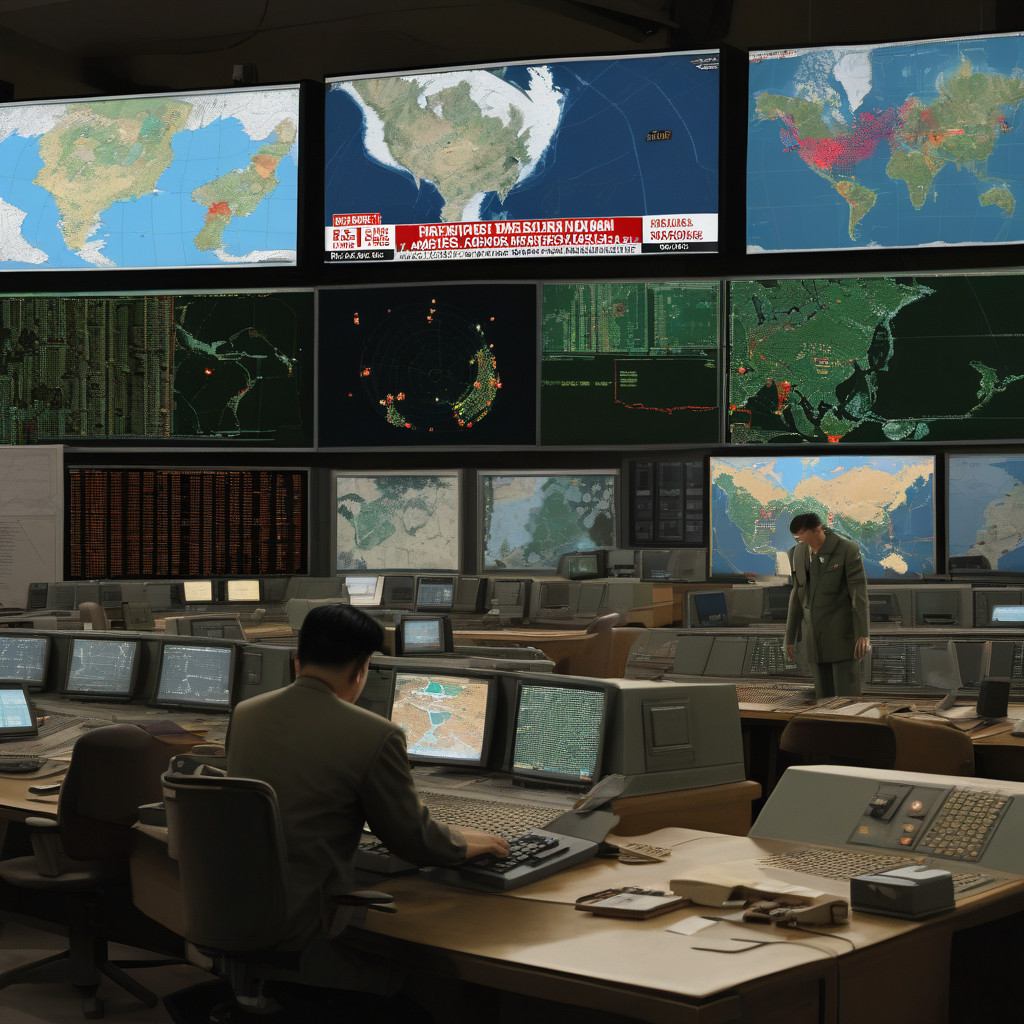The recent sanctions imposed by the U.S. Treasury Department’s Office of Foreign Assets Control (OFAC) on two individuals and four entities shed light on the illicit practices supporting North Korea’s weapons of mass destruction (WMD) programs. According to reports, these entities were allegedly involved in schemes to generate revenue for the Democratic People’s Republic of Korea (DPRK) by deploying IT workers globally. This move not only violates international sanctions but also poses significant risks to global security.
The sanctioned individuals and entities were accused of dispatching IT workers worldwide to secure employment and funnel earnings back to the North Korean regime. This covert operation aimed to provide a continuous flow of income to support the DPRK’s prohibited activities, including the development of WMD programs. By targeting the IT sector, North Korea exploited a lucrative industry to bypass sanctions and fund its dangerous initiatives.
Such actions not only undermine international efforts to curb North Korea’s nuclear ambitions but also pose grave security threats. By leveraging IT workers for illicit financial gains, the DPRK evades detection and continues to advance its prohibited programs. The sanctions serve as a critical step in disrupting these networks and holding accountable those complicit in supporting North Korea’s destabilizing activities.
The implications of these sanctions extend beyond financial repercussions. They underscore the importance of vigilance in monitoring global IT networks for potential illicit activities. IT professionals, both in the public and private sectors, play a crucial role in identifying suspicious behaviors and preventing rogue actors from exploiting technological channels for nefarious purposes.
As the landscape of cybersecurity and international relations continues to evolve, the case of North Korean IT worker networks serves as a poignant reminder of the intersection between technology and national security. By staying informed and remaining vigilant, IT professionals can contribute to safeguarding global stability and upholding the integrity of digital ecosystems.
In conclusion, the U.S. sanctions on North Korean IT worker networks highlight the critical need for enhanced scrutiny and enforcement measures in combating illicit activities that threaten international security. By targeting entities involved in revenue generation for the DPRK’s WMD programs, these sanctions send a clear message that such actions will not go unpunished. It is imperative for IT professionals to remain proactive in detecting and reporting suspicious behaviors to prevent rogue actors from exploiting technology for malicious ends. Together, we can uphold the principles of cybersecurity and protect against threats to global peace and stability.

